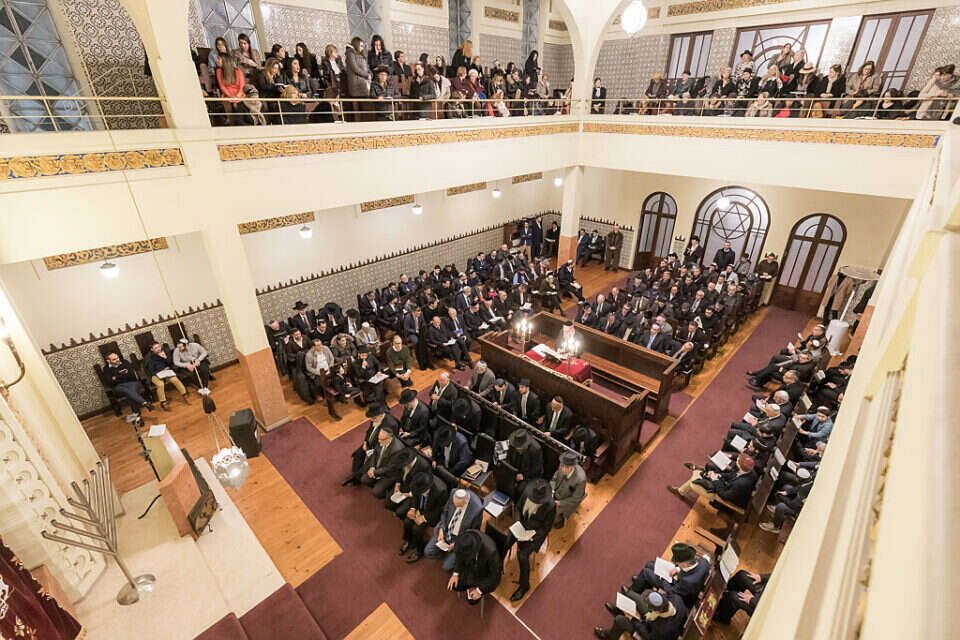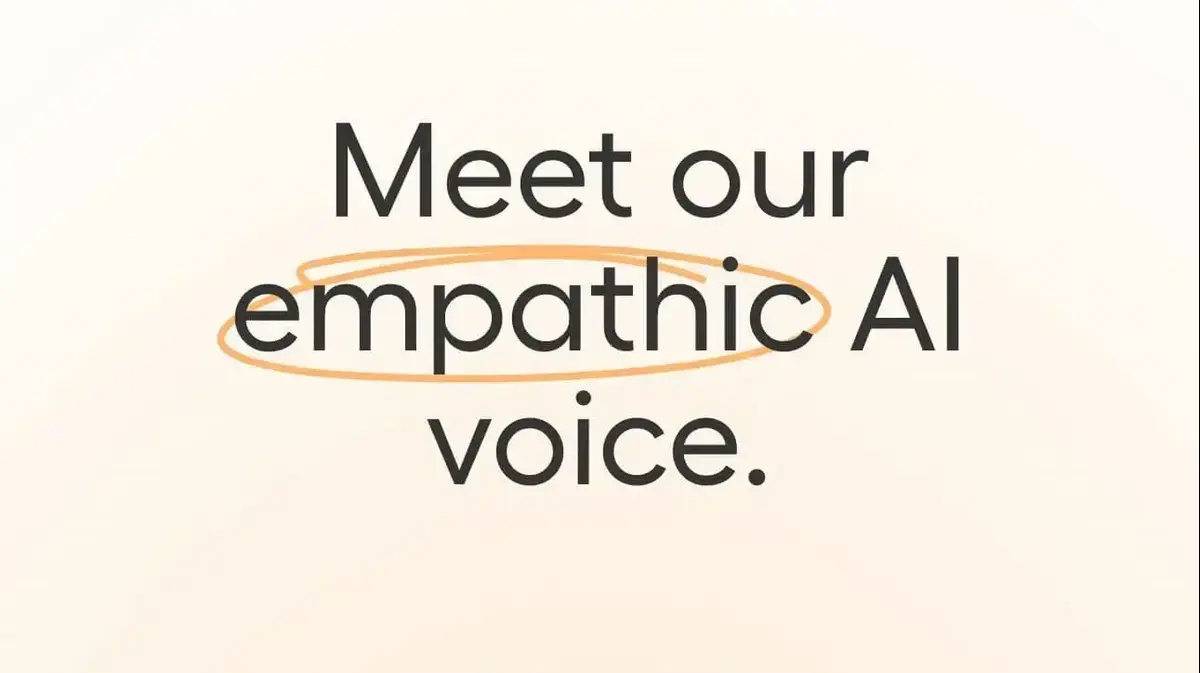Diaspora Jewry has been in ecstasy in recent days after a senior rabbi in a Jewish community in New York allegedly became the first Jewish leader to deliver a sermon written entirely by artificial intelligence.
Rabbi Josh Franklin, rabbi at the Jewish Center of the Hamptons, a posh neighborhood in the state of New York, delivered a sermon on the "Wigesh" case, after which he revealed that it was not written by him.
When he revealed to the congregation that the text was written by artificial intelligence and was met with thunderous applause, Rabbi Franklin replied to them: "You applaud, but I'm afraid. I thought truck drivers would lose their jobs in favor of artificial intelligence before rabbis."
He added that although the text was written by the "ChatGPT" application, it has no soul, and the goal was to teach the community about the limits of robots.
Is artificial intelligence capable of writing a Jewish text?
The one who examined the issue was Rabbi Avraham Stav, a prominent young rabbi in the national religious sector, who in a portrait supplement of the first source examined how artificial intelligence answers halachic questions.
In a conversation with Israel Hayom, he tells how unreliable the artificial intelligence was when he tested it, and how the issue is still very problematic in everything related to Judaism.
Rabbi Avraham Stav.
"This is a sermon on cellophane paper", photo: Sharia Diamant
"The robot speaks very nicely, surprisingly accurate, but there is no credibility to the content. The content is completely made up. It will tell you that there are references and sources, but when you open the book you will not find anything," says Rabbi Stav. by women and he sent me a beautiful article by a well-known rabbi.
I turned to the rabbi and asked him about it and the rabbi replied that he had never written such an article.
The artificial intelligence chose a good name, and an excellent writer on Halacha and women.
The art of making it up was so good, but when you want to read the article you find out that it's all a lie."
Since the "ChatGPT" application was released, rabbis also began to deal with the issue and examine the limitations of artificial intelligence, both in Hebrew and in English, but discovered that the system is instructed to lie and invent if it does not know the answer.
"I don't know why they ordered the system to lie without blinking, but it is very interesting to see how much meaning this has for the submission of the content, in relation to the content itself. This raises the question of how much sometimes functions as a type of artificial intelligence - wraps things up, but creates them in a superficial way, without any real content behind them. There is something in the world of artificial intelligence that says that the main thing is the form of presentation, not the content itself. It is very superficial, but sometimes it is sufficient for us," says Rabbi Stav.
Illustration.
Torah words by order?, Photo: GettyImages
Rabbi Franklin was not the only one who wrote Torah using artificial intelligence.
Rabbi Stav says that he also looked into the matter and asked "ChatGPT" to create a Torah for him.
"He wrote a beautiful Torah talk in which he talked about Jacob's struggles and the attitude to our lives today. The point is that the article did not give a significant, deep point that motivates something, but wrapped the superficial content in cellophane packaging. It's great for a bar mitzvah sermon, but less so for a rabbi's sermon. We expect that the people of the spirit and the Torah will create a movement of deepening and meeting beyond the surface, and artificial intelligence does not do that."
However, Rabbi Stav finally says that this definitely shows about the near future, and that there is definitely a possibility that artificial intelligence will soon challenge the rabbis.
"It's easy to laugh at it today, but the question is what will happen in a year or two. A day will come when artificial intelligence will be defined how to distinguish better between truth and falsehood, they will feed it literature and question and answer books. I can definitely see how in the future it will challenge the judges of Halacha."
were we wrong
We will fix it!
If you found an error in the article, we would appreciate it if you shared it with us









